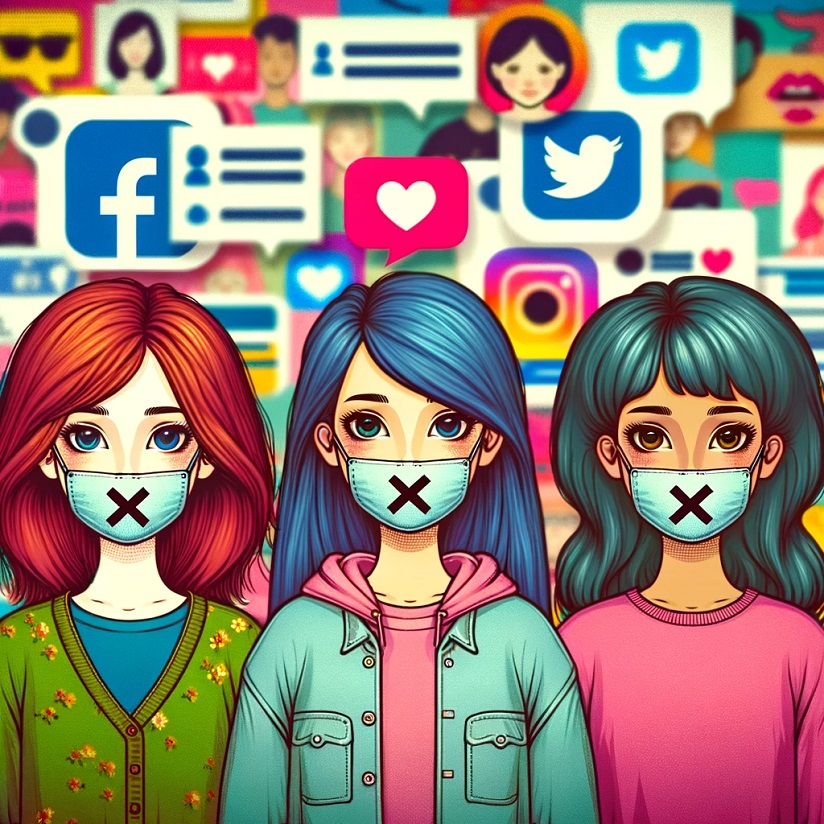In-Depth Analysis: Social Media Stir Prompted by the “Crazy Horse Show” Sheds Light on China’s Internet Milieu and Public Figures’ Responsibility

The term “Crazy Horse Show” has sparked extensive discussion on the Chinese internet recently. This French cabaret performance, which originated in the 1930s, is known for its lavish costumes, bold dance moves, and seductively provocative style. In Paris, the Crazy Horse is a hallmark of nightlife, symbolizing an unrestrained lifestyle and the ultimate freedom of artistic expression. However, such performances seem particularly alien in China’s cultural context, clashing with the traditional restraint and subtlety.
To some extent, the Crazy Horse Show can be seen as a mirror reflecting the clash between Western entertainment culture and Chinese traditional values. It is not merely a show but rather a cultural phenomenon that challenges our conventional understanding of art, gender, and freedom of expression. When associated with Chinese celebrities—Angelababy, Zhang Jiayi, and Lisa—it inevitably became a hot topic of societal discussion.
Reports indicate that after participating in or being linked with “Crazy Horse Show” related events, the social media accounts of these three artists were successively banned. While specific reasons for the bans were not disclosed, it is known that in China, any public platform with significant influence is subject to meticulous regulation, and content is scrutinized for adherence to socialist core values. Therefore, when a public figure’s behavior is perceived as potentially detrimental to the formation of youth values or at odds with public moral standards, regulatory bodies take action as a warning.
This incident has also sparked Chinese netizens’ curiosity and attention towards the “Crazy Horse Show,” a symbol of Western culture. Many began discussing how to embrace and understand foreign cultural phenomena while respecting local culture. At the same time, netizens are contemplating how public figures, with their extensive societal influence, should balance personal freedom of expression with social responsibility.
In today’s internet age, the rapid spread of information means that every action and decision by public figures can be magnified and interpreted instantly. This not only demands higher standards from celebrities but also provides all netizens an opportunity to reflect on self-expression and social responsibility. For Angelababy, Zhang Jiayi, and Lisa, this is a real-world challenge of navigating between globalization and local cultural identity.
Through the “Crazy Horse Show” incident, we see that while cultural exchange brings fresh perspectives and creativity, it also poses challenges to existing social norms. In this globally connected world, finding a path that respects tradition while embracing diversity is a task for every community member, especially public figures. Undoubtedly, this incident has given us an opportunity to reexamine these issues.
Ultimately, we look forward to seeing how, with deeper dialogue, Chinese public figures can lead in finding a more harmonious balance between respecting tradition and fostering cultural diversity. For netizens, we also hope to build a healthier and more harmonious online environment based on understanding and inclusiveness.